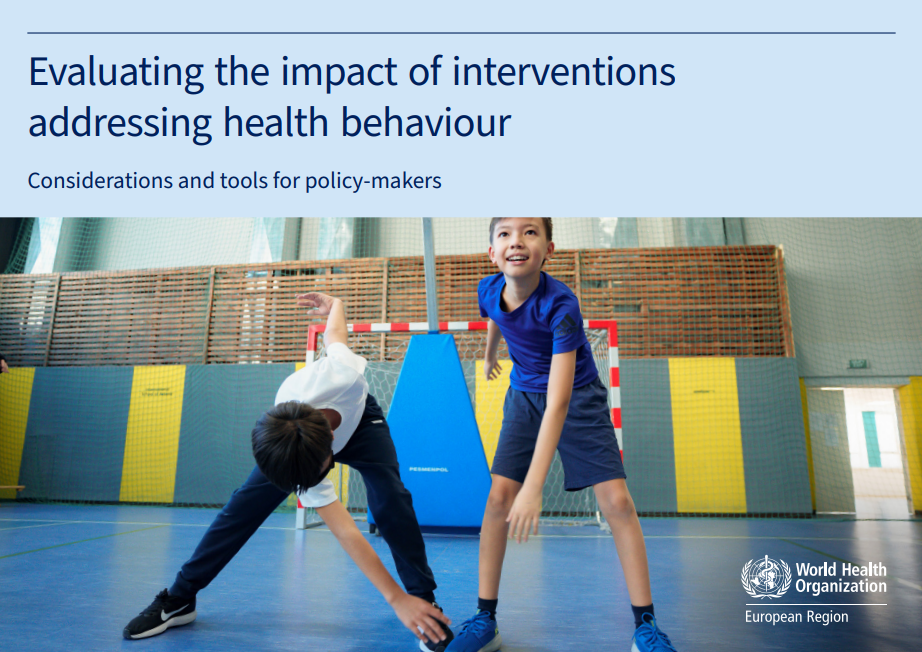
-
Download document
Inglés (pdf, 5,27 MB)
-
Source
Evaluating the impact of interventions addressing health behaviour: considerations and tools for policy-makers
Some of the most persistent public health challenges are dependent on human behaviour. These include, among many others, overuse of antibiotics, use of tobacco and alcohol, suboptimal uptake of vaccination, and cancer screening. These challenges call for evidence-based action that draws on an understanding of these health behaviours and the cultural context in which they take place and that is focused on engaging with those affected. Using evidence, models and methods from behavioural and cultural insights (BCI) allows health-related services, policies and communication to be precisely tailored and refined, thereby improving their outcomes. A key element of BCI is impact evaluation, the primary objective of which is to evaluate whether an implemented intervention has achieved its expected goal. This guide provides considerations and tools to assist in evaluating the impact of interventions that address health behaviour. It complements the WHO Guide to tailoring health programmes by encouraging robust evaluation of interventions and providing starting points for engaging with an expert evaluator. This guide considers the key questions that underlie impact evaluation of interventions addressing health behaviour: Why evaluate? When to evaluate? What to evaluate? How to evaluate? Why did the intervention (not) work? An accompanying toolkit offers frameworks, a decision tool and in-depth information that complement the advice given in the first part of the guide.




